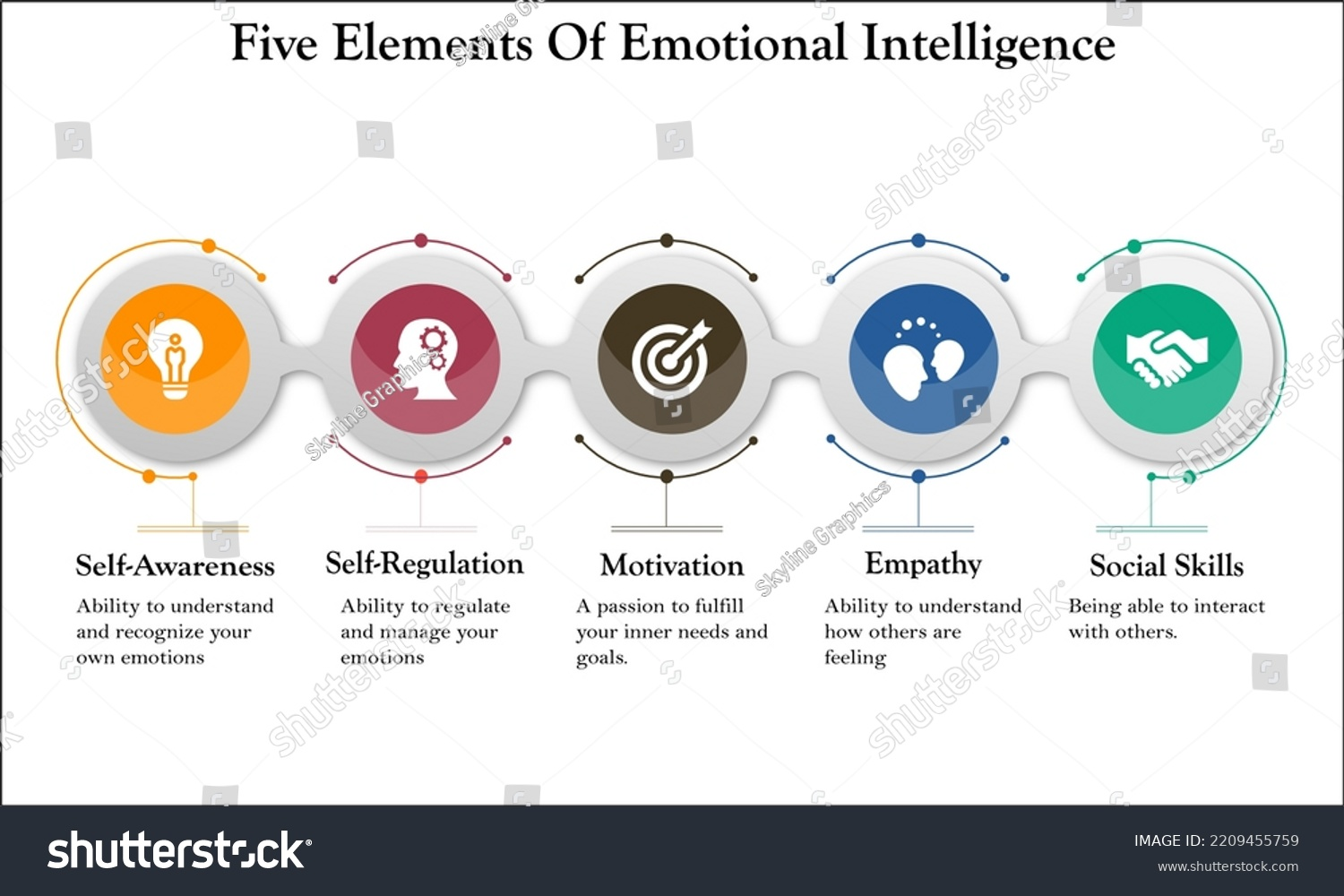Stefanie Stantcheva, the esteemed Harvard economist, has made significant waves in the field of economics, earning her the prestigious John Bates Clark Medal in 2025. This annual award honors exceptional under-40 economists, and Stantcheva’s groundbreaking work on tax policy innovation has set her apart as a leading voice in public finance. In a recent celebration of her achievement, she expressed her gratitude for this recognition, emphasizing the crucial role that well-structured tax systems play in fostering innovation and economic growth. Her research demonstrates high elasticity in innovation in response to tax policy changes, showcasing the relationship between taxes and both the quantity and quality of inventions. As a pioneer in her field, Stefanie Stantcheva continues to challenge conventional economic insights, shaping the future of tax policy and its impact on society.
In the realm of economic theory, Stefanie Stantcheva has become synonymous with innovative approaches to tax legislation and public finance. Awarded the John Bates Clark Medal, she represents a new generation of economists making impactful contributions before reaching their 40s. Celebrated for her ability to dissect complex economic behaviors, Stantcheva’s insights on how taxation influences innovation reflect a growing understanding of the intricacies of economic policy. Her interdisciplinary work not only examines traditional concepts but also explores novel ideas related to emotional perspectives on policymaking. As she leads the Social Economics Lab, her research broadens the dialogue around socioeconomic issues, paving the way for future innovations in tax strategy.
Stefanie Stantcheva: A Rising Star in Economics
Stefanie Stantcheva, a Harvard economist renowned for her groundbreaking work, has recently achieved noteworthy recognition by being awarded the prestigious John Bates Clark Medal. This accolade, given annually by the American Economic Association, celebrates under-40 economists whose research has significantly advanced the understanding of economic phenomena. Stantcheva has made pivotal contributions, particularly focusing on tax policy innovation and its ramifications on economic behavior. Her recognition not only reflects her dedication but also highlights the impact of her research on shaping modern economic discourse.
In her acceptance speech, Stantcheva expressed her gratitude and humility, recognizing the collective effort of her colleagues and mentors at Harvard. The significance of the John Bates Clark Medal lies in its recognition of young economists who illustrate exceptional promise and an innovative approach to economic challenges. Through her exploration of public finance, Stantcheva has established herself as a leading voice in the conversation around tax reform and economic incentives, signaling an important evolution in how we approach these critical issues.
Frequently Asked Questions
Who is Stefanie Stantcheva and why is she significant in economics?
Stefanie Stantcheva is a Harvard economist who has made groundbreaking contributions to the field of public finance, specifically in tax policy innovation. She is recognized for her research on how tax systems impact economic behavior, earning her the 2025 John Bates Clark Medal for her significant insights at a young age.
What does winning the John Bates Clark Medal signify for Stefanie Stantcheva?
Winning the John Bates Clark Medal is a prestigious honor that recognizes Stefanie Stantcheva as one of the leading economists under 40 for her pioneering work in economic insights, particularly in tax policy. This award highlights her significant impact on the field of economics.
What are Stefanie Stantcheva’s contributions to tax policy innovation?
Stefanie Stantcheva has developed new insights into tax policy and its effects on innovation and economic behavior. Her research demonstrates that thoughtfully designed tax systems can either encourage or hinder innovation, which is crucial for economic growth.
What does Stefanie Stantcheva’s research say about the relationship between taxation and innovation?
In her influential 2022 paper, “Taxation and Innovation in the 20th Century,” Stefanie Stantcheva found that innovation is highly responsive to changes in tax policy. Her research indicates that while higher taxes may reduce the quantity of innovation, they do not negatively impact the quality of inventions produced.
How has Stefanie Stantcheva influenced economic thought at Harvard?
As the Nathaniel Ropes Professor of Political Economy, Stefanie Stantcheva has greatly influenced economic thought at Harvard through her research and her role as founder of the Social Economics Lab. Her work explores crucial issues such as trade, immigration, and social mobility, fostering a deeper understanding of how economic policies affect society.
What initiatives is Stefanie Stantcheva currently pursuing at the Social Economics Lab?
At the Social Economics Lab, Stefanie Stantcheva is focused on understanding public perceptions of economic issues and policies. She is currently exploring innovative topics, including the emotional aspects of policy-making and the influence of mindsets like zero-sum thinking on economic behavior.
Why was Stefanie Stantcheva honored during her Clark Medal award celebration?
Stefanie Stantcheva was honored during her Clark Medal award celebration for her outstanding contributions to economics, notably in tax policy and public finance. Colleagues and students celebrated her accomplishments, which are seen as vital to advancing the field and enhancing Harvard’s reputation in economics.
| Key Point | Details |
|---|---|
| Award Recognition | Stefanie Stantcheva awarded the John Bates Clark Medal for significant contributions to economics. |
| Reason for Award | Recognized for pioneering insights in tax policy and its economic implications. |
| Tax System Insights | Argues that tax systems can encourage or discourage innovation and economic activity. |
| Research Findings | Her 2022 paper highlights the high elasticity of innovation in response to tax policy changes. |
| Future Work | Plans to explore the interplay between emotions and economic policies through the Social Economics Lab. |
Summary
Stefanie Stantcheva has made significant strides in the field of economics, recently being honored with the John Bates Clark Medal for her impactful research on tax policy and innovation. Her contributions underscore the critical relationship between tax systems and economic behavior, emphasizing the potential for well-structured policies to foster innovation. As she continues her work at the Social Economics Lab, her exploration of how individuals perceive economic issues will likely yield valuable insights for both policymakers and scholars alike.



